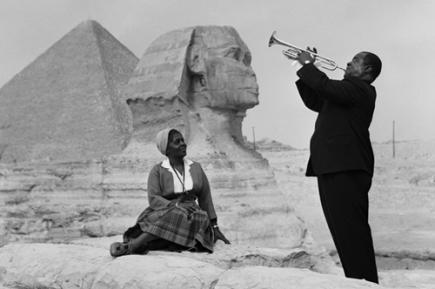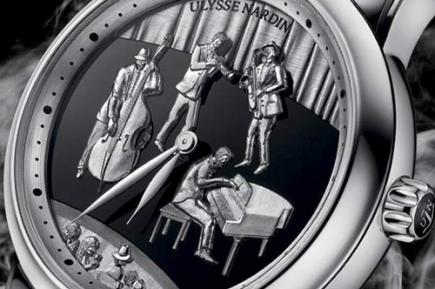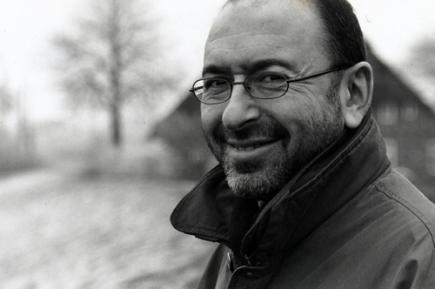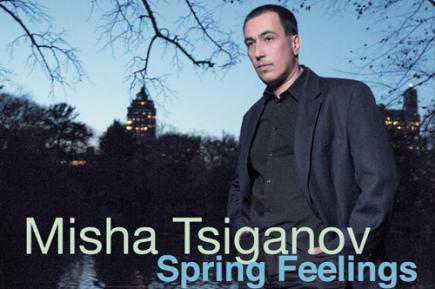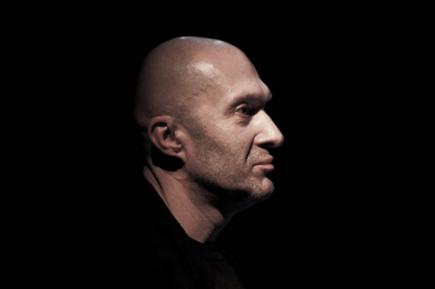Günter Atteln. Behind the Notes
«Working together with Arvo Pärt is simply wonderful»
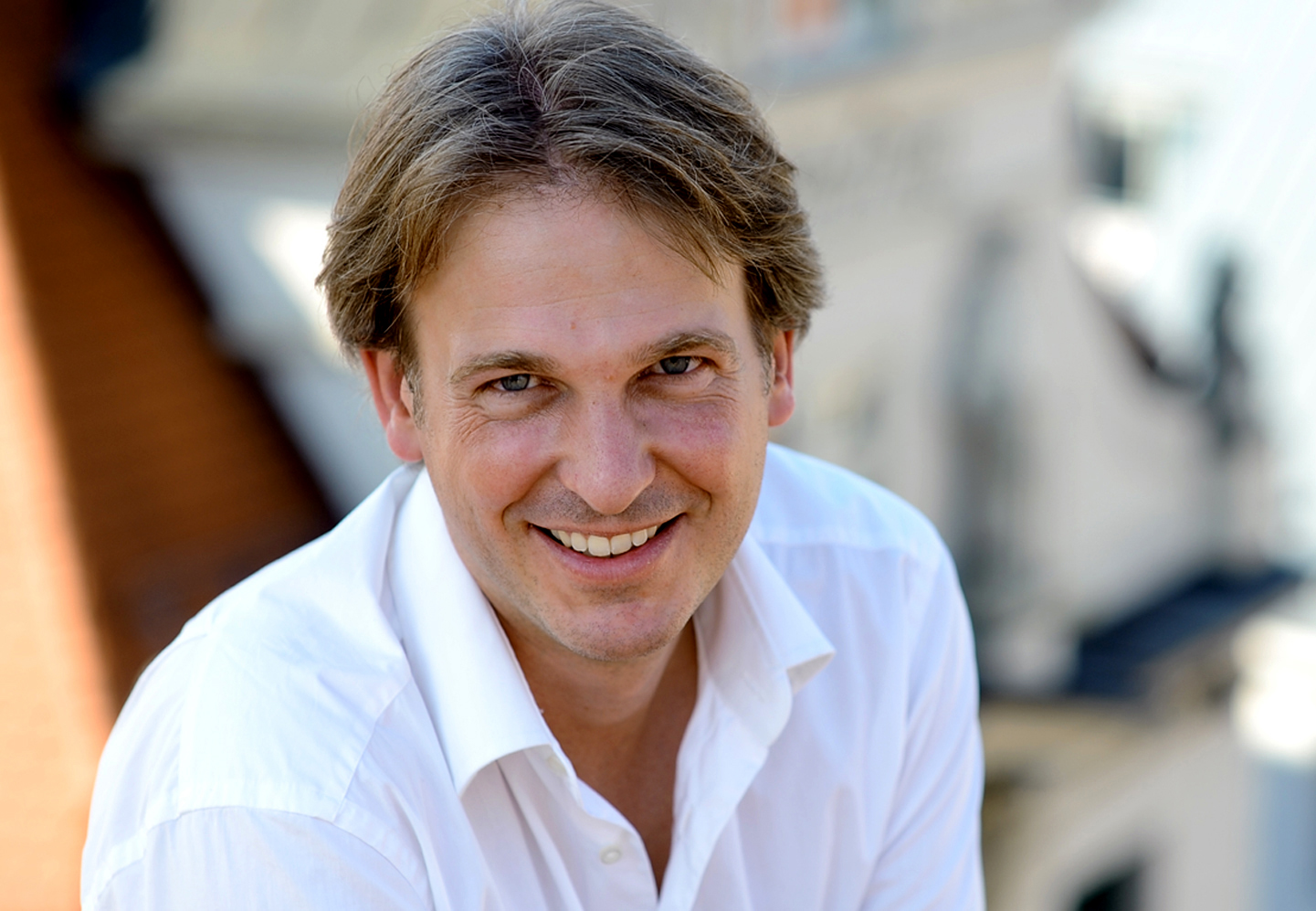
Günter Atteln / photo by ©Gert Mothes
Günter Atteln is a German director and documentary filmmaker. This year, he released his film «The Lost Paradise», dedicated to the 80th anniversary of the legendary modern composer Arvo Pärt.
In an interview with Orloff Magazine producer and director Günter Atteln talked about music, working and meeting with the Estonian maestro.
Günter, you found way into films via music. What was the decisive step on the way to your profession?
I always made music, played in several bands and orchestras, and I was especially interested in film music. Originally I planned to become a film composer, reason why I studied musicology in Oldenburg and Berlin, because I needed the examination for applying at a film school. During my studies I realized my first own short films together with friends, and by that I got more and more interested in film directing and wanted to improve my knowledge in this field. I applied for an internship at various professional film companies, and the first one that called me back the next day was a company specialized in music documentaries. There I met my friend and partner Paul Smaczny (the producer of «The Lost Paradise»), and he gave me the chance to direct my first 60-min documentary film only one year later. I immediately felt at home in the world of documentaries, in the world of music anyway, so this is how it started.
Experts, who prefer music as the object of cognition (photographers, critics, composers), talking about its special language, which is necessary not only to hear, but to try to decipher. Are you sure it exists and whether it is necessary at all for the author's professional position?
You can listen to music in different ways. You can simply enjoy the music without thinking about a structure or a system that the composer used while writing the notes. And that is completely fine. But you can also listen to music analytically like an expert. In my opinion the most important thing is that you feel the music, that you are able to emotionally understand, that you have a sense for experiencing something that is behind the notes. And of course it helps if you are musically educated. You hear differently when you have a musical background and when you are playing an instrument yourself. This is one reason why musical education is so important. Besides many other positive aspects music making has on children when growing up.
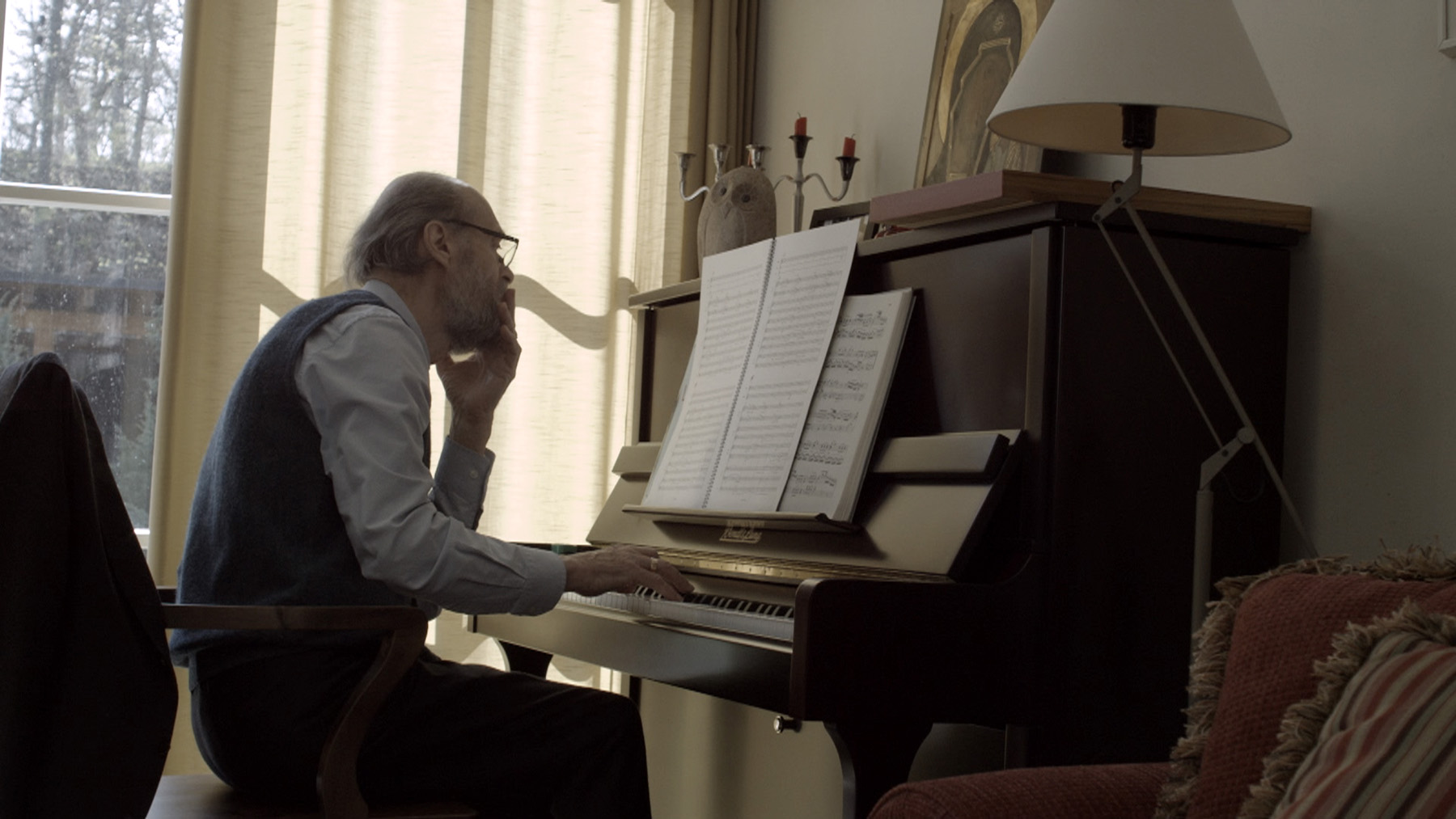
Arvo Pärt / photo by ©Kristjan-Jaak Nuudi / Accentus Music
What for you as a musical director is filled with the spirit of the primacy of work — the picture or sound, storyline or melodic accompaniment?
Everything is equally important, otherwise we would do radio programs, or write books, or paint. This makes our profession so interesting. You are creating a complex work of art that combines the visual and the acoustical world. Like a theatre or opera director, but one of the big differences is that we have the possibility to work with changing angles. We are guiding the focus of the viewer, which demands quite a big responsibility from us. I think no other medium can influence people so strongly as the moving images as we are affecting the emotions of the viewer on different levels with picture, music, text and sound.
What do you think music is losing, passing through media?
I would not say that you «lose» something, but you should be aware that you are creating a different product. By using microphones, by cutting the sound, by doing a sound mix you are influencing the original live experience, even if you try to be as authentically as possible. But I have no problem with that. My biggest concern is always that every system of the listener at home or in the cinemas is different. There is no standard. So I will never know if the listener will hear (and also see) the film in the way it was meant to be.
Have you ever wanted something to correct in your films after release?
Not only once, but is always. I always would like to change things afterwards. Sometimes I would prefer being a painter who is not selling his paintings, being able to change every day a little bit if necessary. A small stroke of the brush is here and there. Or even start from zero. I am never satisfied.
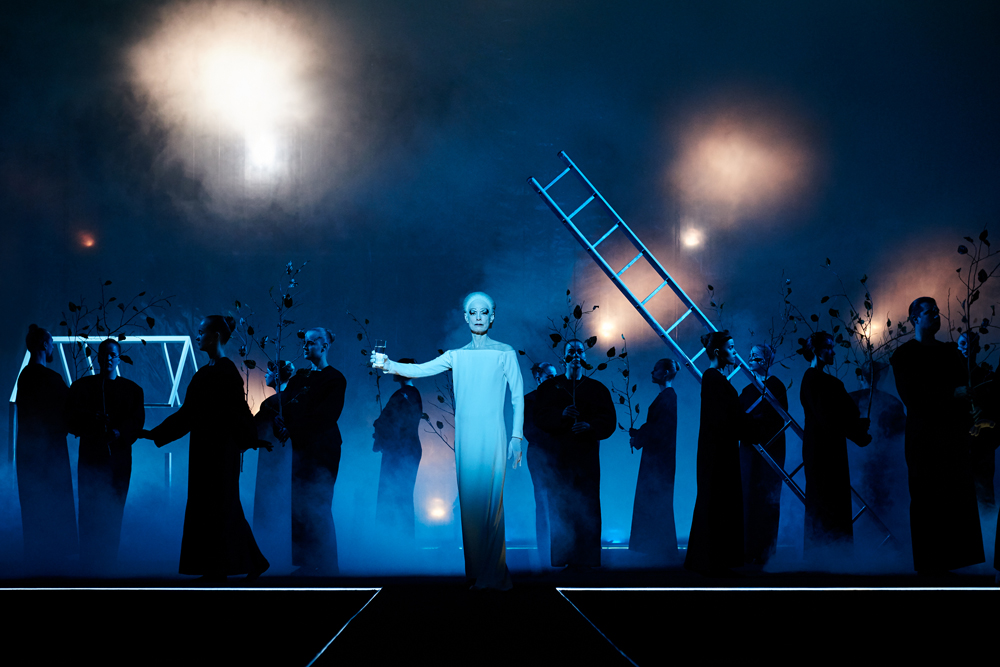
«Adam's Passion» / photo by ©Kaupo Kikkas
Günter, tell us about your latest film «The Lost Paradise».
«The Lost Paradise» is a film about something that we know that formerly existed, that we lost, and the sorrow and pain about this loss. We follow Arvo Pärt, one of the most brilliant composers of our time, and the theatre visionary Robert Wilson. We are tracing their creative process during their first common project, «Adam’s Passion» (premiered in a former submarine factory in Tallinn in May 2015), and from there enter into the world of Arvo Pärt by accompanying him in his native Estonia, to Japan and the Vatican.
Why the staging by Robert Wilson was chosen as the center for your film?
That was the idea from the beginning on. We knew that those two giants of arts would come together for the first time and we wanted to follow this process. So we started filming by observing the first rehearsals for «Adam’s Passion». I always try to exclude any expectations when starting filming, because as soon as I have certain expectations or pictures in mind I will tend to influence the situations. And this I have to avoid. So I am very open-minded and try to feel in which direction the topic will guide me.
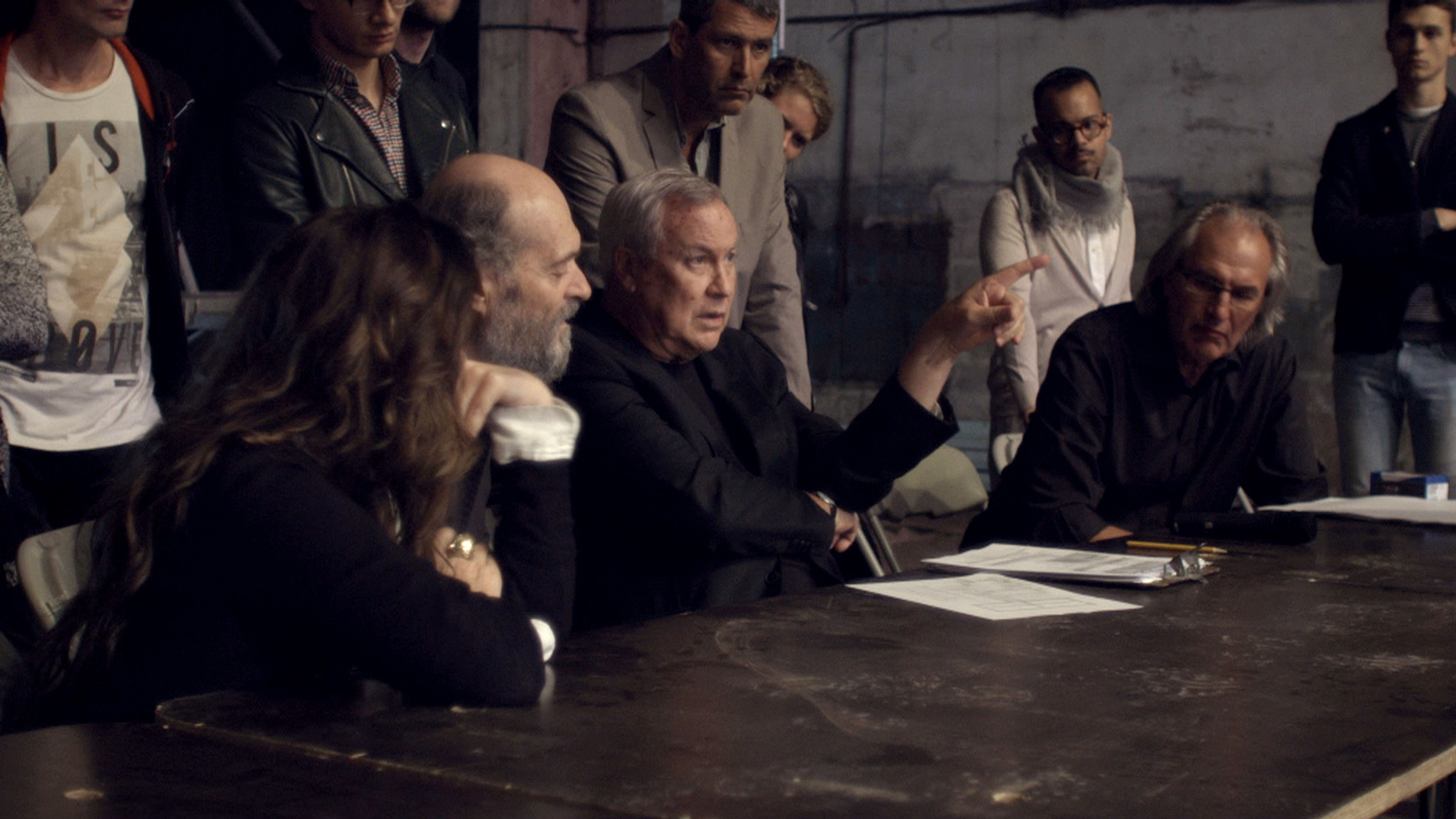
Arvo Pärt and Robert Wilson / photo by ©Kristjan-Jaak Nuudi / Accentus Music
How you met with Arvo Pärt, please, share feelings about experience of working together?
Working together with Arvo Pärt is simply wonderful. I know that he is supposed to be a shy person who does not like the medias or interviews and so on. But I can understand him very well and find this very honest and sympathetic. He states that all he has to say is in his music. He does not feel the necessity to explain himself with words. It does not mean that he is not giving any interviews, but it has to be the right moment. For me it was a great experience to work with him. He is such a kind and warm-hearted person. I learnt a lot during those months.
It is not easy to represent the whole year in the life of the master, working on the verge of the presentation of the iconic figure and pictures of everyday experience of the composer. What are the difficulties you have had in your work? Did you feel the weight of the future anniversary of Arvo Pärt?
Well, we did not follow Arvo Pärt every day in his daily life. We are not «Big Brother». We accompanied him on certain occasions over a period of one year of which we thought would fit in the topic. And the central topic is the biblical story of Adam and the loss of paradise.
The most challenging thing was on the one hand to find time with Arvo Pärt, because he has a lot of commitments, especially in his jubilee year, and on the other hand the very tough schedule for our project. All our partners of course wanted to screen the film around Arvo Pärt’s 80th birthday on September 11th. And the DVD had to be released at this date as well. So we had to finish postproduction at the beginning of August, and the last shooting day was in the middle of June. So you can imagine: not much sleep and very intense weeks in the editing room. At the end it worked out well, but of course I always wish I had more time.
«The Lost Paradise» is the film-result or the film-quest?
We are always on a quest. There is never a result.
text: Artem Kalnin
© Orloff Russian Magazine
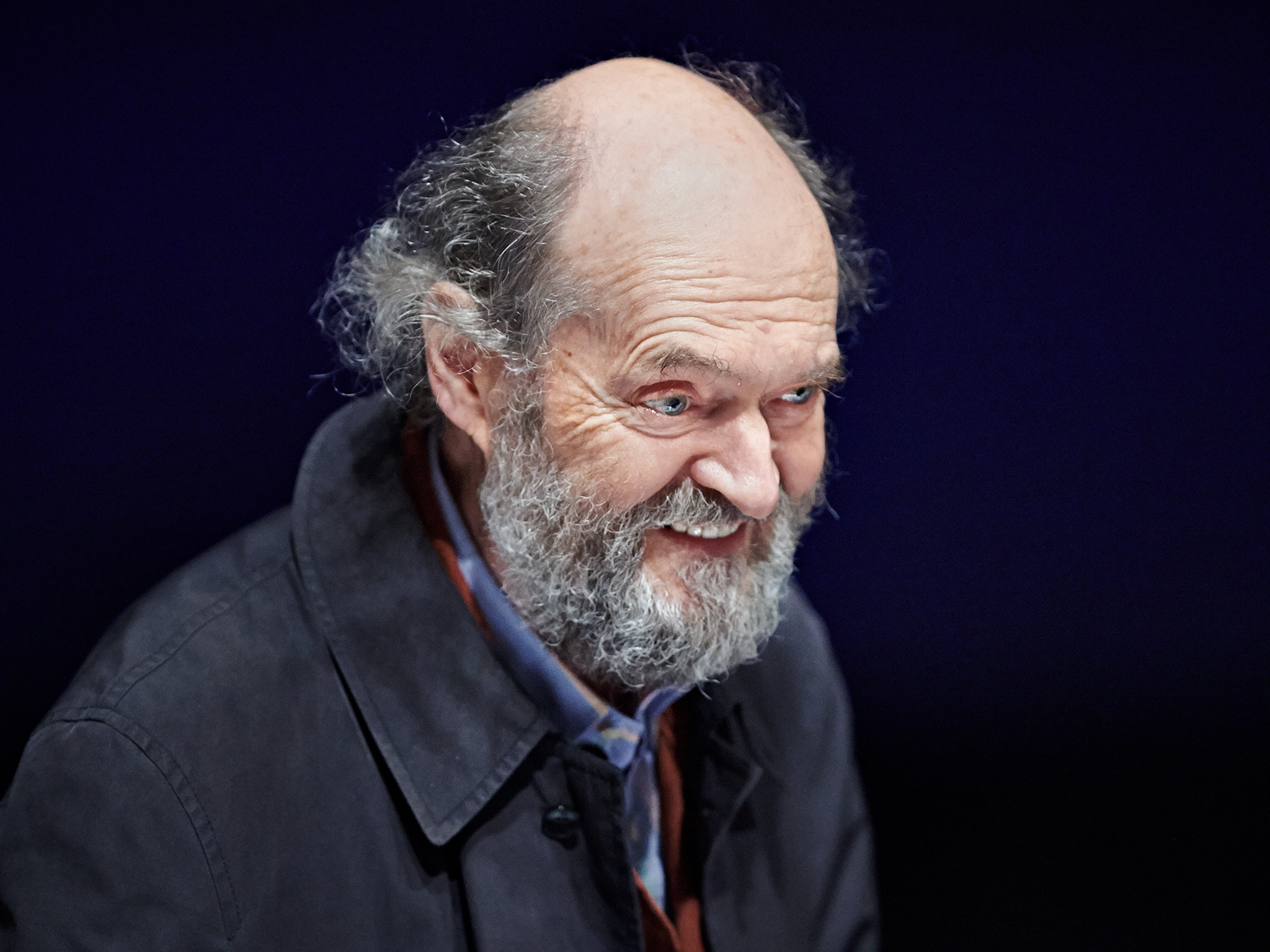
Arvo Pärt / photo by ©Kaupo Kikkas

